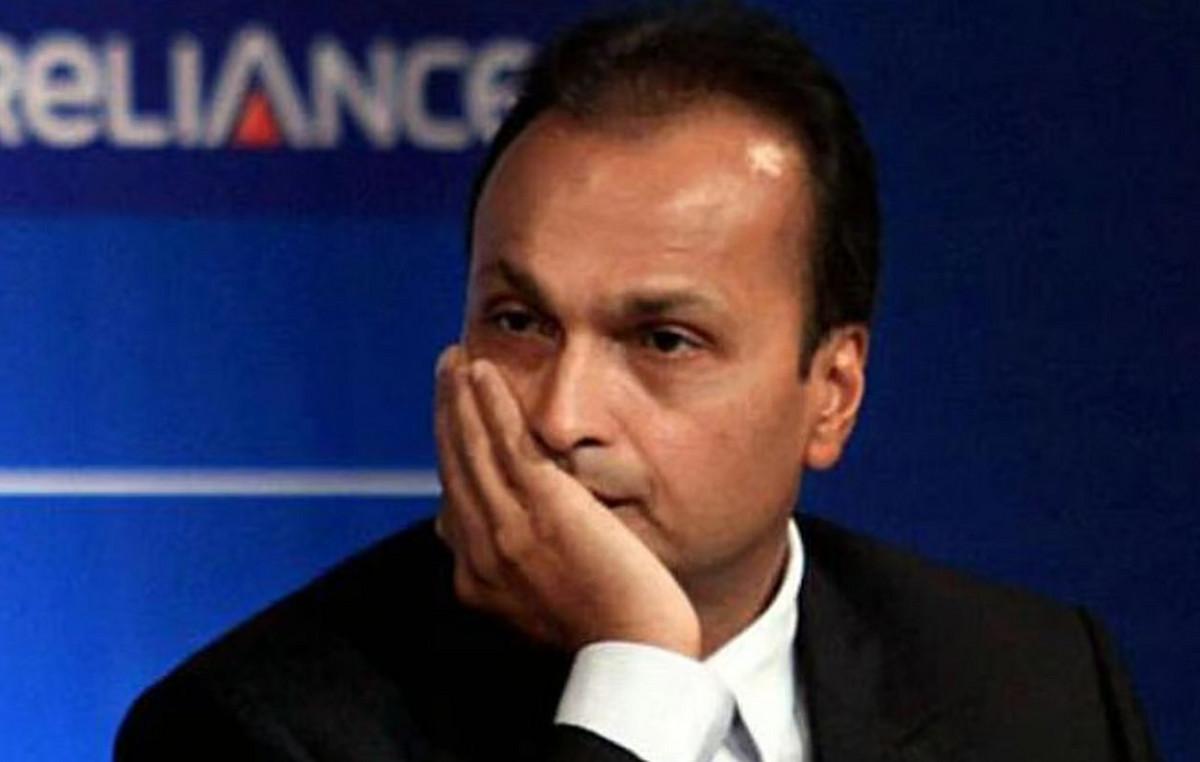The discussion seems current, but it is old. How many times have I, you, all of us heard that women need to have the same opportunities as men inside and outside companies?
What about women in leadership positions? Many companies, fortunately, started a serious movement, I say serious because they set real goals to have more women making important decisions about the future of the business.
But, more than a goal to be pursued, companies need to look at their internal structure for changes to occur.
Who needed to review the internal processes was the British multinational Unilever.
“You can’t set a goal if you don’t review how people are selected. You can’t set a goal if you don’t do an analysis on how you’re promoting employees. It is not possible to reach established goals if you do not generate knowledge in people, who until then are responsible for managing people”, explains Unilever’s director of organizational and cultural development, Ana Franzoti.
Ten years ago they began a journey to try to equalize women in positions of trust.
The company had to be tough at some points in the process to ensure that they would be able to achieve the stipulated purpose.
“There were leaders who, in order to really break down the barriers, would say: ‘look, here in my area, only women will be promoted’, and that caused a lot of discomfort in the women who said ‘I don’t want to be promoted just because I’m a woman’ and in men too, but those headbanging were important to provoke an internal reflection that really to change you need to look at yourself, and the leadership too”, he explains.
With a focus on internal actions, the effort paid off, and already in 2018, the staff of women in command at Unilever reached 53%. Now, a new challenge – looking at the profile of these women and ensuring a diverse team.
“The world four, five years ago in terms of discussing diversity and inclusion was one. Today the world is different. If you’ve never done anything, you’ve been working on intersectionality since the beginning. It doesn’t do one and then the other and then the other. We ended up doing this because it was the moment of the world”, he asks.

Fortunately, time is different, but there are still many challenges ahead. And when the company understands that actions like these do not only affect the organizational pillars, this adds greater value to the brand.
“It’s no use just looking inside. The third pillar that I think talks a little bit is marketing. It’s brand. How do I also bring this representativeness to our brands? Which then goes to the consumer”. Ana Franzotti tells us
Consultancy as a pillar of diversity and inclusion within companies
The first step taken by many companies to achieve gender equity goals is contacting consultants. For the executive manager of the Movimento Mulher 360 Margareth Goldenberg, the guidance for leaders is to always question and observe the corporate environment. “What is the company’s role in this issue of equity? How central is this topic to the organization’s strategic agenda? And it doesn’t stop there, we should also ask how the leaders are involved with this issue, ”she says.
Mulher 360 is a non-profit business movement that operates in 100 associated companies. Focused on providing guidance on how to empower women in the workplace and in the community.
“Giving opportunities for people to enter and develop is a matter of social justice and human rights. The International Labor Organization has a series of conventions to eliminate discrimination and unequal opportunities in relation to gender and other social groups, ”she explains.

MM360 consists of 7 Women’s Empowerment Principles as a concept for activities and program content, some of which are: Education and Training, Equal Opportunity, Inclusion and Non-Discrimination, among others.
“It is more than proven that companies with gender equality, with diversity from all social groups, are white, black, lesbian, trans, cis, disabled, young women, anyway. When we have this ‘mix’ and this gender balance at all levels, in all positions, all of this makes the environment more inclusive, safer and with better business results”, he concludes.
Source: CNN Brasil
A journalist with over 7 years of experience in the news industry, currently working at World Stock Market as an author for the Entertainment section and also contributing to the Economics or finance section on a part-time basis. Has a passion for Entertainment and fashion topics, and has put in a lot of research and effort to provide accurate information to readers.







